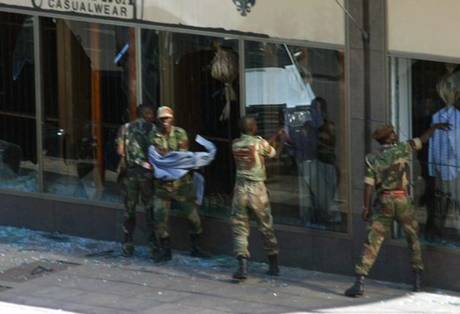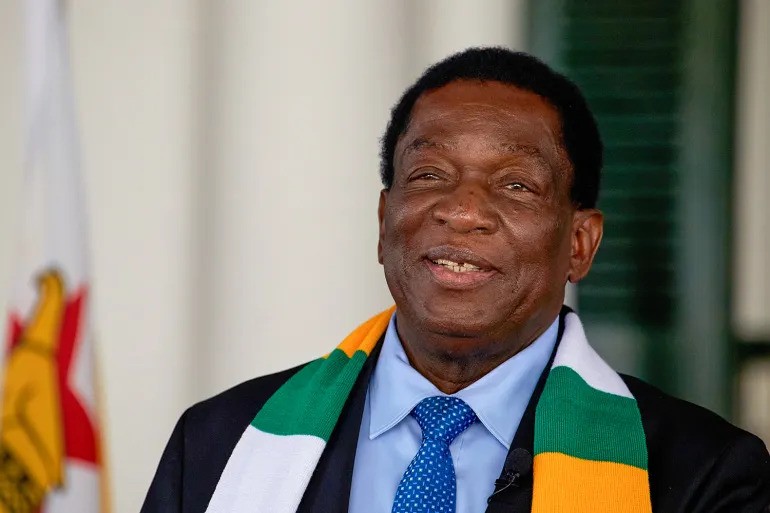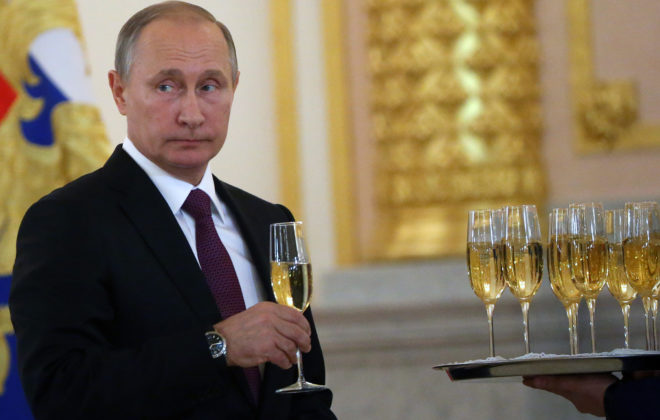HARARE – Zimbabwe slides on the verge of a revolt by uniformed forces amid reports that some unpaid rank and file members have joined mass protests demanding the resignation of President Robert Mugabe and his adminis
Sources says Zanu PF is now relying on party youth who are being given police uniform and deployed into the streets to confront angry protesters.
The questionable behaviour of Zimbabwe police have raised eyebrows in the manner they have dealt with the protesters prompting senior party official Professor Jonathan Moyo to condemn them on his twitter page.
In his indirect slaming of the police actions Prof. Moyo on Saturday suggested that the actions of the police was not of professionally trained law enforcement agents and cited sources that pointed blame on the opposition and the United States embassy.
Two weeks ago the controversial higher education Minister Professor Jonathan Moyo has lashed out against senseless battering of unarmed Zimbabwean civilians by Harare riot police.
Speaking after seeing pictures of bloodied and beaten protesters, Moyo used twitter to express shock at the manner in which Zimbabwe’s police reacts to peaceful protests.
He even went a step further to draw parallels with the 2007-8 violence that preceded 2008 elections.
“Law enforcement is essential, more so in these times of provocative antics, but it must be lawful. Remember 2007,” said Moyo via social media.
Moyo who also posted a picture of MDC leader Morgan Tsvangirai taken when he was attacked by police in 2007 begged Zimbabwe’s state agents to be careful as they are now giving a very bad picture of the country’s leadership and the police force.
Tsvangirai was injured and hospitalised in 2007 after being subjected to violent attacks by Zanu PF supporters and state agents.

Officers speaking to CAJ News on condition of anonymity expressed solidarity with the protesting masses, pointing out they also were not exempt from the economic crisis besetting the country.
“We have families to look after, so the protests that you are seeing here setting Harare alight have involved some of us,” said a soldier.
A flight air commando from the Manyame Airbase outside Harare expressed disappointment at not receiving his salary on Friday. The officer said they were also affected by rampant corruption.
Zimbabwe has simply run of currency, a few years after it shelved its worthless Zimbabwe dollar which at the country’s peak was one of the most lucrative currencies.
Ironically, security personnel have responded heavy-handedly to the protests, incurring widespread condemnation. Police have arrested 87 people in connection with last week’s violent protests.
“My warning to the police is that they must stop using force against civilians, otherwise we will soon take up arms to defend the masses,” said the air force commando.
In a separate interview, an officer with the Zimbabwe Republic Police (ZRP) said he was no longer taking orders from his superiors when it came to arresting civilians suspected of instigating violent protests. “Despite being law enforcers, we know corruption is the root cause of these problems,” he said.
More protests are scheduled for the major cities of Harare and Bulawayo this week.
Zimbabwe’s 18 opposition parties including former vice-president Joice Mujuru’s Zimbabwe People First and MDC led by Morgan Tsvangirai had obtained a High Court order barring police from interfering with their intended demonstration.
The parties under the banner of the National Electoral Reform Agenda (Nera) and Coalition for Democrats wanted to protest against unfair electoral laws and systems, but were violently blocked by the police; minutes after the High Court had okayed the event.

The situation turned violent and for close to 12 hours, police were engaged in running battles with protestors in the central business district. Th protesters were angered by the police provocation. Some ran amok, looting shops, smashing cars and setting property ablaze.
But as it appeared the police were losing ground, the military took over in the late hours and spent the rest of Friday night patrolling the CBD and surrounding areas such as the Avenues where they attacked people on the streets, including commercial sex workers.
Truckloads of soldiers were seen patrolling the Avenues area and raiding night clubs where revellers were bludgeoned without reason or explanation.
Most revellers fled from the city centre fearing for their lives. Defence minister Sydney Sekeramayi was part of a press conference by Home
Affairs minister Ignatius Chombo where the government threatened to unleash terror on protestors last Thursday.
Army spokesperson Lieutenant Colonel Alphios Makotore yesterday refused to comment when asked about the involvement of the military in patrolling streets, referring all questions to the Zimbabwe Republic Police.
However, police spokesperson, Senior Assistant Commissioner Charity Charamba said she was out of town.
Opposition political parties and observers yesterday said they were worried about the involvement of the army, saying it showed how Mugabe, who has realised he was now sitting on a cliff edge was desperate to defend his continued hold on power.
Douglas Mwonzora, MDC-T secretary general who is Nera’s legal affairs head said opposition parties would not be intimidated by the army.
“This shows that the system is in a fix,” Mwonzora said.
“This is the work of a now panicky regime which is afraid of its own shadows.
“This was supposed to be a peaceful protest that was disrupted by the state itself. We won’t be intimidated. We are not fighting the army, we are fighting the system.”
Nera has called for another protest next Friday, which the union’s convenor Didymus Mutasa said would be of a greater magnitude.
ZimPF spokesperson, Jealousy Mawarire said deployment of soldiers to do crowd management was unconstitutional as soldiers were not trained for such tasks.
“Reports that the army has been deployed in the streets of Harare is in fact a declaration of a state of emergency,” he said.
“In fact there is already a curfew in Harare because residents are being forced out of the city centre at particular times by people alleging to be members of the army. – SABC /The Standard/TheZimbabwemail






